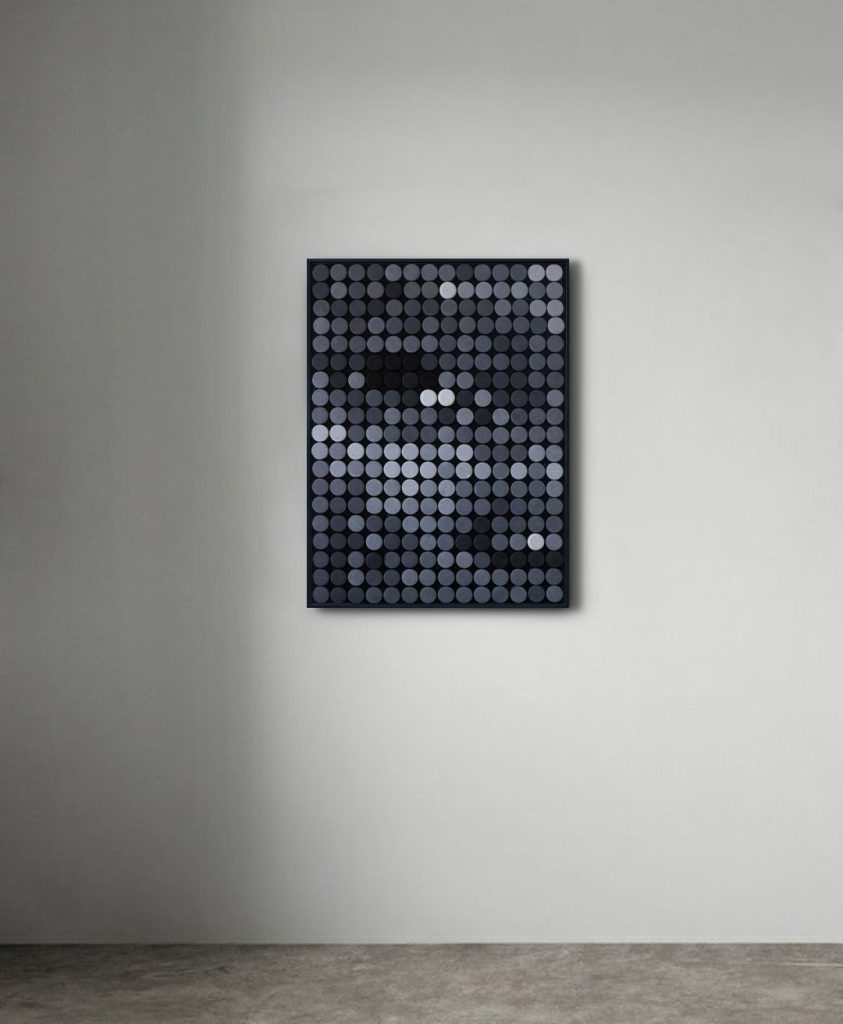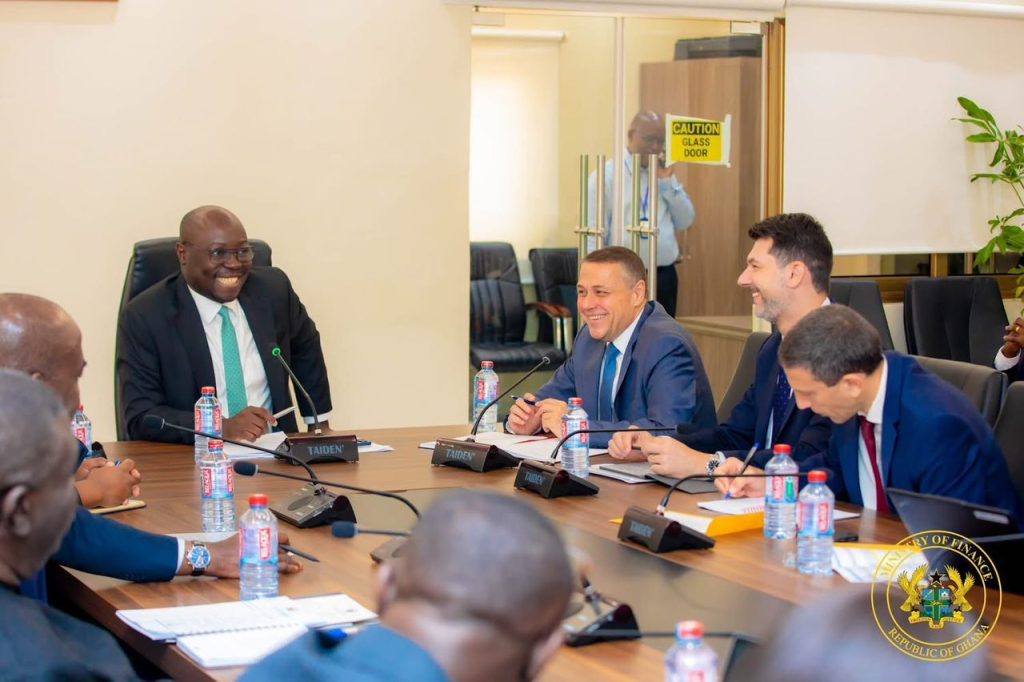…As NPP-era oldies enrolment surface
A proposal by the Majority Chief Whip and Member of Parliament for South Dayi, Rockson-Nelson Dafeamekpor, to review the maximum age limit for enlistment into the Ghana Armed Forces (GAF) has ignited a heated political debate.
The South Dayi legislator, in a social media post, disclosed that he had received numerous complaints from party foot soldiers and other young Ghanaians who felt disadvantaged by the current enlistment age ceiling.
However, the New Patriotic Party (NPP) MP for Assin South and ex-Deputy Minister of Education, John Ntim Fordjour, responded to the reconsideration of the age limit by claiming that the call is an attempt to recruit unqualified and overaged supporters of the political party [foot soldiers] into the Armed Forces.
Interestingly, last year, the Armed Forces under the Akufo-Addo administration sparked controversy over the military’s recruitment process after The Herald obtained details of a woman in her 50s who had been enlisted as a soldier.
Mr Dafeamekpor has since announced his intention to take legal action against the Armed Forces if it fails to review the maximum age requirement for enlistment.
Speaking on Eyewitness News on Thursday, October 9, 2025, Mr Dafeamekpor argued that the current age cap should be aligned with the National Youth Authority Act, 2016 (Act 939), which defines “youth” as individuals between the ages of 15 and 35. He insisted that medical fitness, not age, should be the key criterion for enlistment.
“I intend to test this matter because, you see, we need to test systems to let systems work. And when systems are supposed to work, they must work within the existing legal framework. We must all obey the law,” he said.
He added that the Armed Forces could maintain an age range consistent with the law, provided applicants meet the medical standards required for military service.
“I won’t have any problem if the armed forces say that the person between the ages of 15 years and 35 years is eligible to apply, but subject to a medical fitness test, because in a lot of countries, persons below 18 years are eligible to be recruited into the army, subject to parental consent,” he noted.
Mr Dafeamekpor further warned that if the GAF fails to respond to the call for a review, he would seek redress through the courts.
“So this matter must be tested; if the army resists this call, it may leave me with no option but to seek a remedy in the judicial forum. Our army is constitutionally established and given effect to it under Article 102 by Parliament, and subsequently with legislation such as the National Youth Authority Act, which is the law that governs the youth bracket of this country, whether the army can continue to conduct its business without recourse to this laid down legislation,” he explained.
The Majority Chief Whip had conducted a comparative study of military recruitment standards across several countries in Africa and beyond.
According to Dafeamekpor’s findings, Ghana’s age restrictions are among the most stringent on the continent. He noted that Benin, Côte d’Ivoire, and Togo permit enlistment up to 35 years, while Tanzania allows recruitment as late as 62 years.
In Nigeria, depending on the role, candidates may apply up to the age of 35, while in South Africa, graduate applicants are accepted up to the age of 26.
Beyond Africa, the National Democratic Congress (NDC) MP observed that Australia sets a maximum recruitment age of 56 years, Germany allows enlistment up to 50 years, and the United States varies between 35 and 42 years, depending on the service branch.
Based on these comparisons, Dafeamekpor argued that Ghana could consider extending its upper limit to 35 or even 40 years, provided applicants meet medical and physical fitness requirements especially for non-combatant and technical positions.
“We need new ways of doing things. If other countries are expanding opportunities based on fitness and expertise, Ghana can do the same to tap into a wider pool of qualified and motivated citizens,” he stated.
The proposal has ignited public debate on social media, with some commentators agreeing that a revision could help reduce unemployment while enhancing the Armed Forces’ diversity and experience base.
However, the call has drawn sharp criticism from other lawmakers, particularly the Assin South MP, who described the proposal as “a misconceived and misguided populist agenda,” and alleged that it was an attempt to recruit unqualified and overaged political party supporters [foot soldiers] into the Armed Forces.
In a post on X (formerly Twitter), Fordjour, who is also a Ranking Member on the Parliamentary Select Committee on Defence and Interior, argued that the move was a veiled attempt to create opportunities for “unqualified and overaged political foot soldiers” to enter the Armed Forces.
He cautioned that the NDC leadership must desist from any effort to compromise the military’s recruitment standards, which he described as “credible and professional.”
“It is extremely backward and dangerous to force unqualified individuals into the military as a form of political patronage,” he wrote.
Fordjour further urged the government to uphold the integrity of the Ghana Armed Forces’ recruitment process and avoid political interference.
The debate remains divided, with some analysts suggesting that while the military must uphold high standards of discipline and physical fitness, a modest review of the upper age limit could bring Ghana’s system in line with evolving global practices.
The Minister of Communication, Digital Technology and Innovation, Samuel Nartey George, had supported an increase in the age limit for enlistment into the Military.
According to him, the maximum age should be 35 years instead of the current 27 for tradesmen and 25 for non-tradesmen.
In a social media post on Wednesday [Oct 8, 2025], Mr George argued that many Ghanaians in their thirties remain physically fit and mentally capable of serving in the military.
“I honestly believe it is time for our beloved Nation to re-examine the maximum age for enlistment into our military services. There are people in their 30s who are physically fit and sound enough to serve their Nation. We must not deny them this opportunity simply because of their age,” he wrote and posted on X.
“There is precedence across the world. I believe an upper limit of 35 years would serve our young people better. Let’s nurture their dreams and not kill it,” he added.
Last year, The Herald obtained details of Private F Baah Ofosuhemaa with army number 221798, her pictures went viral in February last year, when she completed military training at the GAF’s Jungle Warfare Training School in Achiase, Eastern Region.
Assigned to the 6 Battalion of Infantry in Accra, she is now stationed at the 37 Military Hospital in Accra, suggesting she can’t withstand the drudgery of army life on the field, hence being hidden in the comfort of a medical facility by the military hierarchy.
The circumstances surrounding her recruitment raise questions about the GAF’s selection criteria and whether specific needs, such as vocation or profession, influenced the Ghana Army’s decision to recruit her.
Beyond her recruitment, which has sparked outrage within and outside the Armed Forces over the extent to which the current government has debased the enlistment process by conducting secret enrolments instead of a competitive process, little is known about the lady.
The Herald’s information at the time was that before her military career, Ofosuhemaa served as the Branch Women Organizer for the governing NPP at Buduburam near Kasoa in the Central Region. Images of her in NPP regalia with heavy makeup and thick eyebrows have gone viral on social media.
Months earlier, her pictures appeared on social media when she reported for training, but they were perceived as a joke. However, she has since been officially recognized as a full-fledged army personnel.
Beyond concerns about political influence in military recruitment, the public is questioning the suitability of older individuals in active service, considering factors such as age, medical fitness, and the expected years of service.
While the focus remains on Ofosuhemaa, there are claims that she is not an isolated case, and other older individuals are allegedly being discharged, despite their experience and fitness. Notably, a few years ago, another over-aged individual named Bakpa gained attention on social media after being enlisted as a private soldier.
On a bigger scale, the issue raises suspicions about potential favouritism and job creation for unemployed party supporters. Furthermore, the situation reflects a broader issue of transparency and fairness in Ghana’s military recruitment process.
The post Lawmakers split over age-ceiling on soldiers recruitment appeared first on The Herald ghana.



